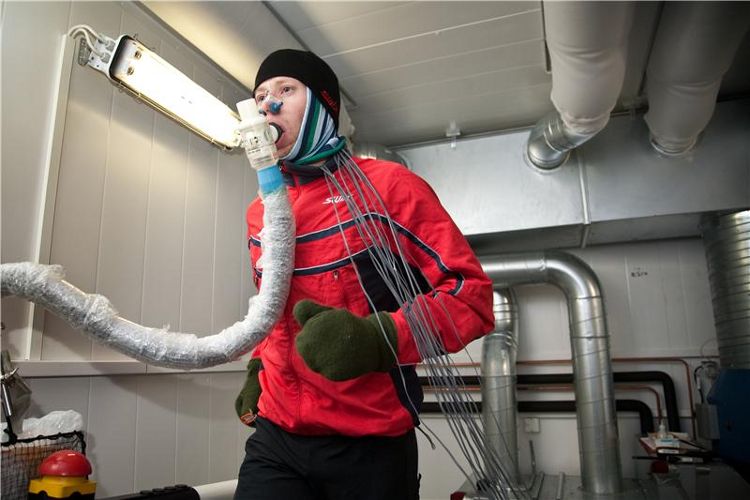Grief, an intricate labyrinth that tangles the heart after the loss of a child, is a universal experience that transcends cultures and beliefs. How does one traverse this daunting emotional terrain, particularly within the context of the Bahá’í teachings? The teachings offer a profound lens through which to view suffering, endurance, and ultimately, hope.
In Bahá’í philosophy, the soul is regarded as eternal, a divine creation that continues its journey even after physical death. This perspective can provide solace. Consider a child, with their untainted essence, now embarking on an extraordinary journey in the spiritual realms. While the departure fosters immense sorrow for the bereaved parent, the belief in the continued existence of the soul can inspire a sense of connection beyond the corporeal world.
This leads us to ponder a challenging question: How can embracing the limits of human endurance facilitate healing in the face of such profound loss? One might argue that endurance itself is a form of spiritual resilience, enabling individuals to navigate the tumultuous waters of grief with grace and strength, even when the heart feels heavy with despair.
According to Bahá’í teachings, tests and tribulations are integral to spiritual growth. ‘Abdu’l-Bahá, the son of the Founder of the Bahá’í Faith, articulated that “the more a soul is tested and tried, the more it develops.” This notion encapsulates the idea that enduring the loss of a child, while excruciating, can also be a catalyst for personal and spiritual evolution. In acknowledging the finite nature of human existence, we are reminded to cultivate an appreciation for the present moment and the experiences shared with our loved ones.
Moreover, this philosophy encourages an exploration of the duality of life and death. Bahá’ís are urged to see death not as an end but as a transition, a change akin to moving from one room to another. While this shift is profoundly painful, the understanding of life as a continuum can imbue the bereaved with an enduring sense of purpose and hope.
Importantly, community support can play a pivotal role in the healing journey. The Bahá’í community emphasizes the importance of unity and fellowship. In times of crisis, the collective strength of the community can provide invaluable support, helping the bereaved navigate their emotional landscape. Engaging in communal practices—such as prayer, remembrance gatherings, and acts of service—can offer comfort and encourage connection to both the community and spiritual realms.
Furthermore, the Bahá’í teachings emphasize the transformative power of love. Love is not merely an emotion; it is a force that can transcend loss. Cultivating love for the departed, while also extending love to others, channels grief into a productive and healing energy. Reflecting on cherished memories can lead to profound manifestations of love that exist in the connections formed with other individuals. This intertwining of love and memory can help mitigate feelings of isolation and despair.
As we delve deeper into the concept of endurance, it is essential to recognize the innate strength present within each individual. Endurance, in its essence, is the capacity to withstand hardship while emerging stronger and more enlightened. Each painful day following the loss of a child may feel insurmountable, yet the gradual journey towards healing can cultivate an unexpected resilience. Embracing this journey requires patience and self-compassion, allowing space for the multitude of emotions that accompany grief.
The Bahá’í teachings encourage individuals to immerse themselves in the acceptance of their feelings—whether they manifest as anger, despair, or longing. Such acceptance is a critical component in acknowledging the full range of the human experience. The process of healing is not linear; it is a tapestry woven with moments of joy, pain, remembrance, and ultimately, transformation.
To encapsulate the essence of the Bahá’í perspective on loss, the guiding principles offer a roadmap for navigating grief. By embracing the eternal nature of the soul, fostering community connections, and cultivating love, bereaved individuals can embark on a transformative journey through their sorrow. The limits of human endurance are indeed challenged by the profound depth of love one holds for a lost child, yet within this challenge lies an opportunity for profound growth and healing.
As one navigates this complex path, it may prove beneficial to engage in reflective practices such as journaling, meditation, or familial storytelling. These activities foster a deeper understanding of one’s emotions and facilitate communication with both the self and others. Sharing experiences within a supportive community can spark meaningful dialogues about love, loss, and the incredible resiliency of the human spirit.
In conclusion, navigating the loss of a child through the lens of Bahá’í teachings offers a deeply rooted framework for understanding grief as a crucible for growth. It is a testament to the human capacity for love, resilience, and hope in the face of heart-wrenching challenges. Embracing this journey, while daunting, may ultimately lead to a renewed sense of purpose and connection to both the spiritual and communal aspects of life.
